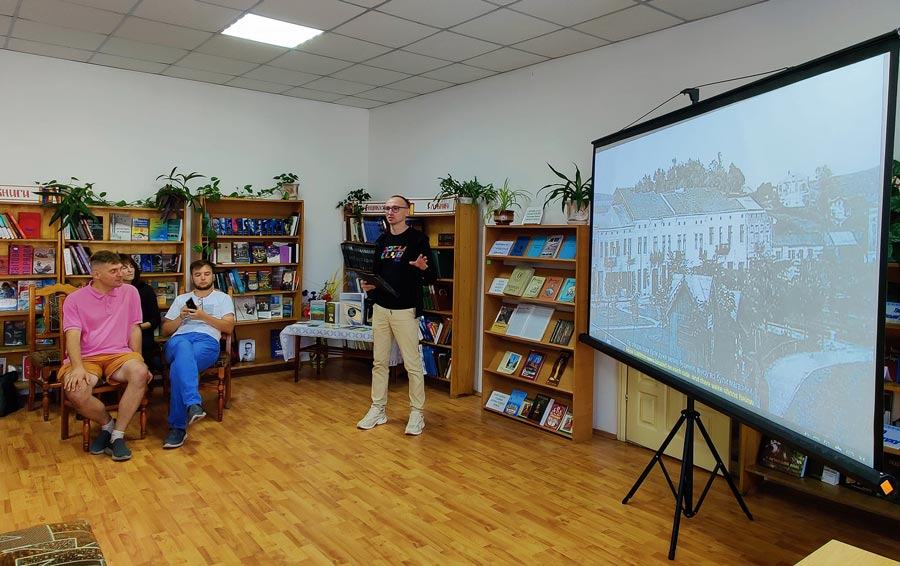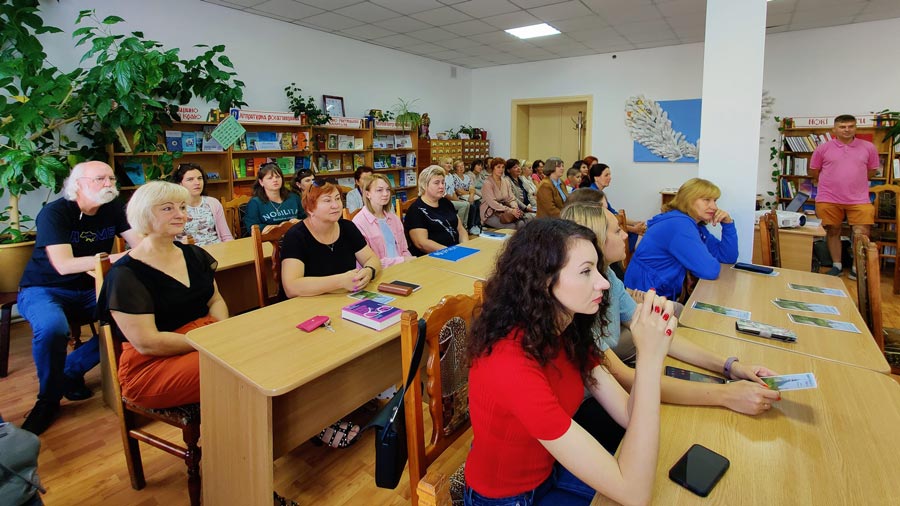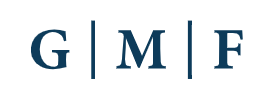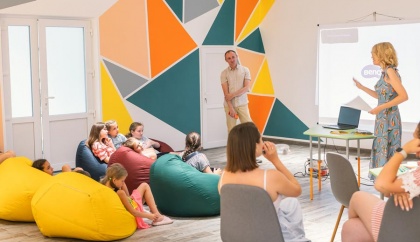
The STAN non-governmental organization operates in Ivano-Frankivsk, and its mission is to strengthen grassroots initiatives and citizen engagement through informal education. Its special focus is on vulnerable and marginalized groups. "STAN” was founded by activists from Luhansk, but in 2014, they were forced to move to Ivano-Frankivsk. In Luhansk, “STAN” received threats from separatists because of its pro-Ukrainian position. Andriy Volyk from Poltava joined the project shortly after its relocation. It was his initiative to open a documentary film club at “STAN.”
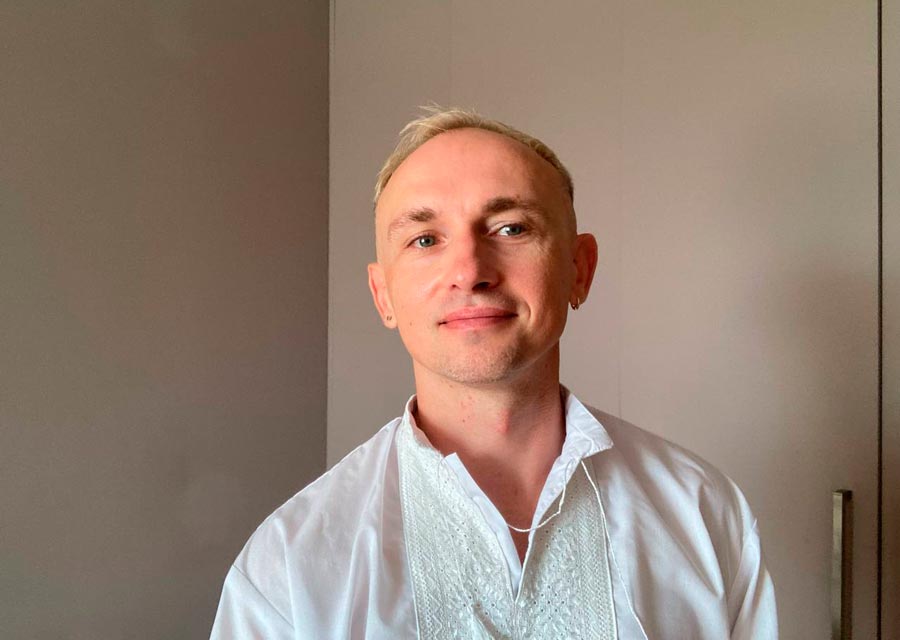
Andriy Volyk In 2018, Volyk became the coordinator of the Docudays UA Traveling Human Rights Documentary Film Festival in Ivano-Frankivsk region. Andriy found out about the DOCU/CLUB Network by chance and decided that opening a film club would be useful for “STAN.” The films screened by the Democracy Defenders Film Club (as the organization called it) are mostly about countering bullying and hate speech. “Even our organization, which relocated to Ivano-Frankivsk a while ago, was repeatedly accused of not being a local organization. This is supposed to mean that its employees profess some kind of pro-Russian or ‘leftist’ ideology. If even we have been accused of this, imagine what the IDPs might face,” explains Andriy. The coordinator of the Democracy Defenders Docu Club emphasizes that the division into friends and foes has a particularly toxic effect on society. “We also work with human rights issues. The film club is a platform where we talk about the fact that all people have equal rights, regardless of skin color, sexual orientation, ethnicity, or place of birth,” says Andriy. A DRASTIC CHANGE Before the full-scale invasion, “STAN” had been promoting non-formal education and supporting cultural projects. However, since February 2022, activists have had to quickly learn how to work with humanitarian aid. “When the full-scale war started, we received a lot of support thanks to our connections abroad: various organizations contacted us and offered help. In Frankivsk, we organized a support point at the railway station, where we distributed hot meals and some necessary items for everyday use. At first, we advised on accommodation and documents, and then everything turned into more systematic work,” says Andriy.
“STAN” helps internally displaced persons Thanks to help from abroad, “STAN” was able to support 10 shelters for IDPs in different regions of Ukraine as long as there was a need. “We paid for utilities, made repairs, and bought furniture. It all depended on the particular shelter and the support that was needed there. We distributed humanitarian aid, including food and hygiene kits. And then we added psychosocial support,” says Andriy. Normally, “STAN” would look for the largest groups of evacuated people and offer assistance in their places of residence. “Information spreads very quickly, so it was easy to find people willing to help. Our goal was not to make the replaced persons feel helpless. We tried to ensure they always felt needed. It was very important for them to feel empowered in the new community, to be able to do something useful where they are. For our part, we did two main important things – we provided people with decent living conditions and a sense of self-sufficiency,” says the activist. In addition to helping with paperwork and benefits, “STAN” conducts psychological sessions. The organization works with adults and children, teaching them to look for resources within themselves or outside to cope with their new place and move on. “STAN” has been able to employ some of the IDPs in the organization's related projects and has given them the opportunity to work.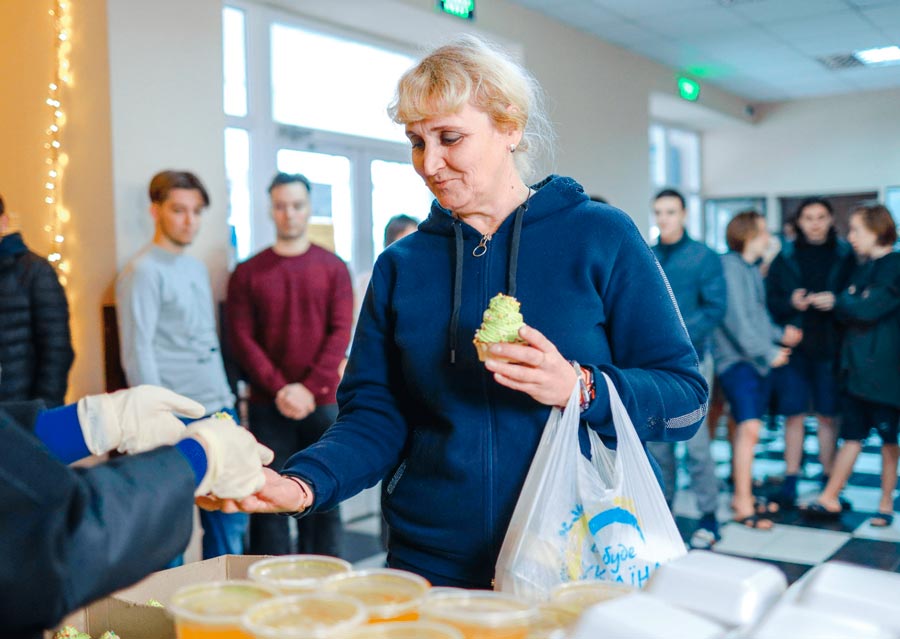
Andriy Volyk during a meeting at the film club CINEMA AS HOME "The Democracy Defenders Film Club's screenings are organized in such a way that everyone who lives in the community can come. Everyone can also get psychosocial help. This is important to avoid tensions in the community due to the fact that new people have moved in and everyone now provides for them,” says Andriy. IDPs were also able to express themselves within the framework of the Young Diversity Ambassadors project, where young people from different regions of Ukraine developed local initiatives for their communities. “The project works in the spheres of gender equality, environmental activism, and culture. We really wanted IDPs to participate in it. Everyone could choose their own direction of development and even get help for their initiative,” says Andriy. Some people promoted waste sorting in their community, others dealt with inclusion or cultural projects. “The projects might appear to be local. But they are an example for the entire Ukraine of how to realize very important things in a small community,” says the film club moderator. HOMESICKNESS Andriy says that many people want to return to their homes. “Of course, there is homesickness. But despite their great desire to return, many people simply have nowhere to go – the city is already occupied or their homes are destroyed. Some of them have already adjusted their lives in a new place, while others are still in a lethargic sleep,” explains the moderator of Democracy Defenders. Andriy tells about an NGO of IDPs from Mariupol based in Ivano-Frankivsk: “They are called 'Good Luck'. In Mariupol, they were promoting sports, and they are doing the same thing here – organizing competitions. They also miss their homes, but they are getting involved in social life. Now is the time when support from abroad creates many opportunities for IDPs through grants, training, etc. If someone wants to make an impact, they will get this opportunity.” The audience at the screening of the film “Voiceless” in Rohatyn The Democracy Defenders Film Club always tries to build a discussion after the screening to get people thinking: what can we do as a community? Once, the club screened the film ‘Bully’ by American director Lee Hirsch. A girl cried during the screening. She said that she experienced everything she saw on the screen herself. Now she is studying to become a teacher to prevent bullying in the lives of other children. “This is why we work – to change people's lives for the better,” concludes Andriy Volyk. Main photo: the screening of the film “Giovanni and the Water Ballet” in Burshtyn. The development of the DOCU/CLUB Network is funded by the United States Agency for International Development (USAID), the Embassy of Sweden in Ukraine, the National Endowment for Democracy (NED) and the Fondation de France. P.S. The Community Law Center Project in Ukraine is implemented by the Charitable Organization "Charity and Health Foundation" and the NGO "Legal Space Information Resource Center" with the support of the Charles Stewart Mott International Foundation. The views expressed in this material are those of the authors and do not necessarily reflect the views of the Charles Stewart Mott International Foundation.